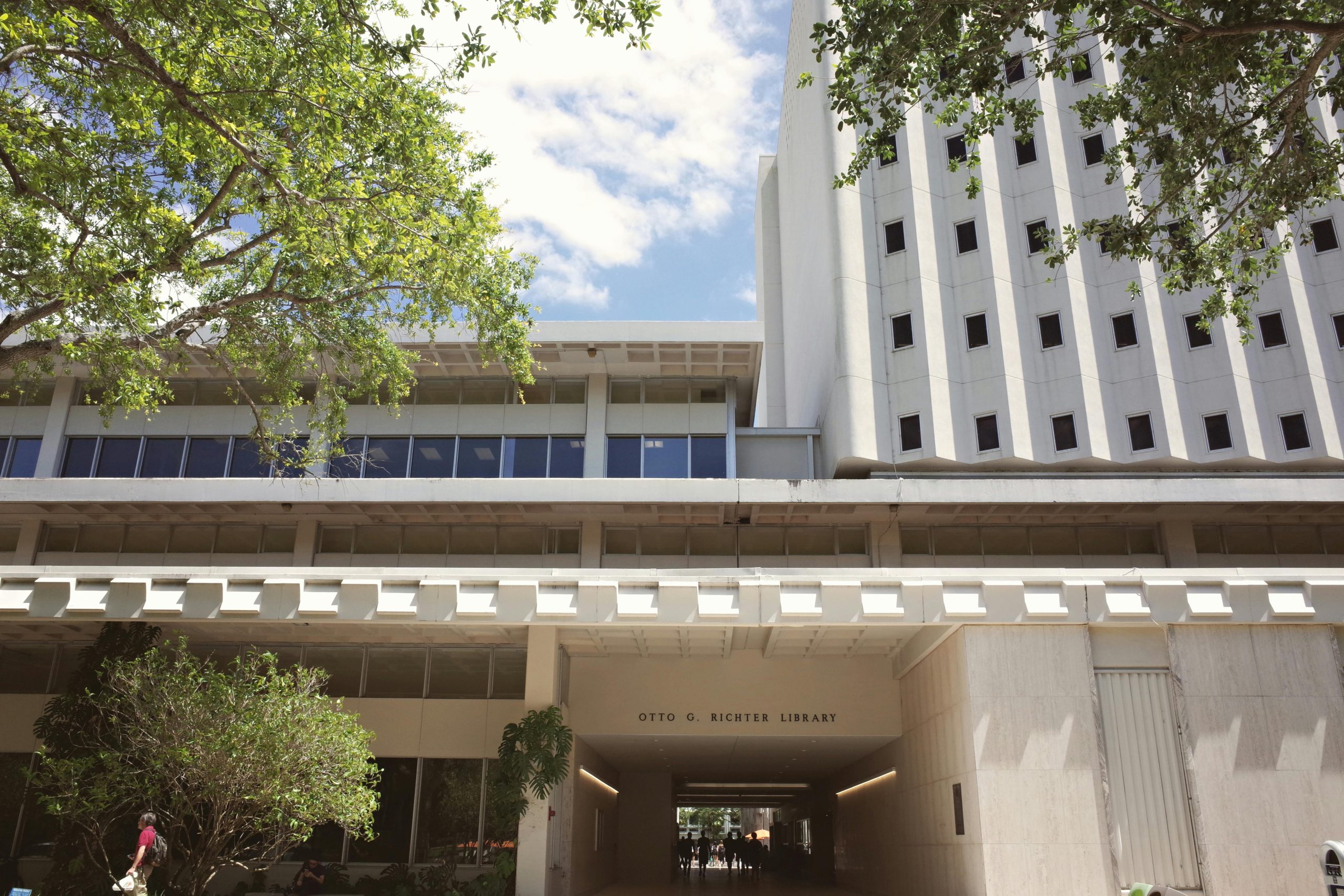When considering whether to vote against the Bracknell Town Neighbourhood Plan referendum, several potential reasons can be assessed. Firstly, if the plan does not align with your vision for the development and growth of the area, you may wish to oppose it. This could include concerns about proposed land use, housing developments, or the impact on local infrastructure. Some residents might feel the plan does not adequately address environmental concerns or sustainability, potentially threatening green spaces or lacking sufficient measures to reduce carbon emissions.
Additionally, if the community consultation process felt inadequate or unrepresentative, leading to a plan that doesn’t reflect a broad range of community interests, voters might choose to oppose it. You may also have concerns about the feasibility or financial implications of the plan, particularly if it seems to benefit a narrow group or overlooks the needs of different community segments.
Lastly, if there are more strategic town planning or broader regional considerations that conflict with the neighbourhood plan, these could also be valid reasons to vote against it. Balancing local needs with overarching policies is often complex, and a mismatch between the two might prompt some voters to disagree with the plan.

Thank you for raising such an important topic regarding the Bracknell Town Neighbourhood Plan referendum. It’s crucial to examine not only the immediate implications of the plan but also how it aligns with broader goals for community development and sustainability.
One aspect worth discussing further is the potential long-term impact of the referendum’s outcomes on local social cohesion. While specific land use and housing developments can be contentious, the plan’s ability to foster a sense of community should also be a focal point. Are there proposals within the plan that encourage communal spaces or local engagement initiatives?
Moreover, considering the recent trends around climate resilience, it might be beneficial to incorporate more robust environmental assessments into these plans. Have the potential effects on natural habitats or local biodiversity been sufficiently modeled? The integration of sustainable practices could ultimately lead to better resource management and quality of life.
Lastly, enhancing transparency in the consultation process is vital. It would be valuable to gather more feedback from marginalized voices in the community to ensure that the plan is equitable and reflective of everyone’s needs. Including diverse perspectives could strengthen community ties and contribute to a more balanced and representative final document.
Engaging in these discussions can not only help in making informed decisions but also empower the community to advocate for a vision that resonates with their collective values. Thank you for fostering this dialogue!
This post raises some important considerations regarding the Bracknell Town Neighbourhood Plan referendum. It’s crucial to remember that any proposed plan should serve the collective interests of the community rather than just a select few.
One aspect worth discussing further is the role of transparency and inclusivity in the community consultation process. A genuine effort to engage all segments of the community, especially marginalized voices, is vital. Ensuring that residents feel heard can foster greater support for the plan, regardless of its content.
Moreover, when discussing environmental sustainability, it’s beneficial to emphasize the long-term impacts of development decisions. For instance, integrating green infrastructure and promoting public transportation can mitigate the adverse effects on our local ecosystem while enhancing the quality of life for residents.
Lastly, I’d love to hear more thoughts on balancing local needs with broader regional strategies. How can we encourage collaboration between different levels of governance to ensure that our Neighbourhood Plan aligns with regional growth objectives while staying true to our community’s values? Engaging in such dialogues could provide more clarity and a stronger basis for our decisions.